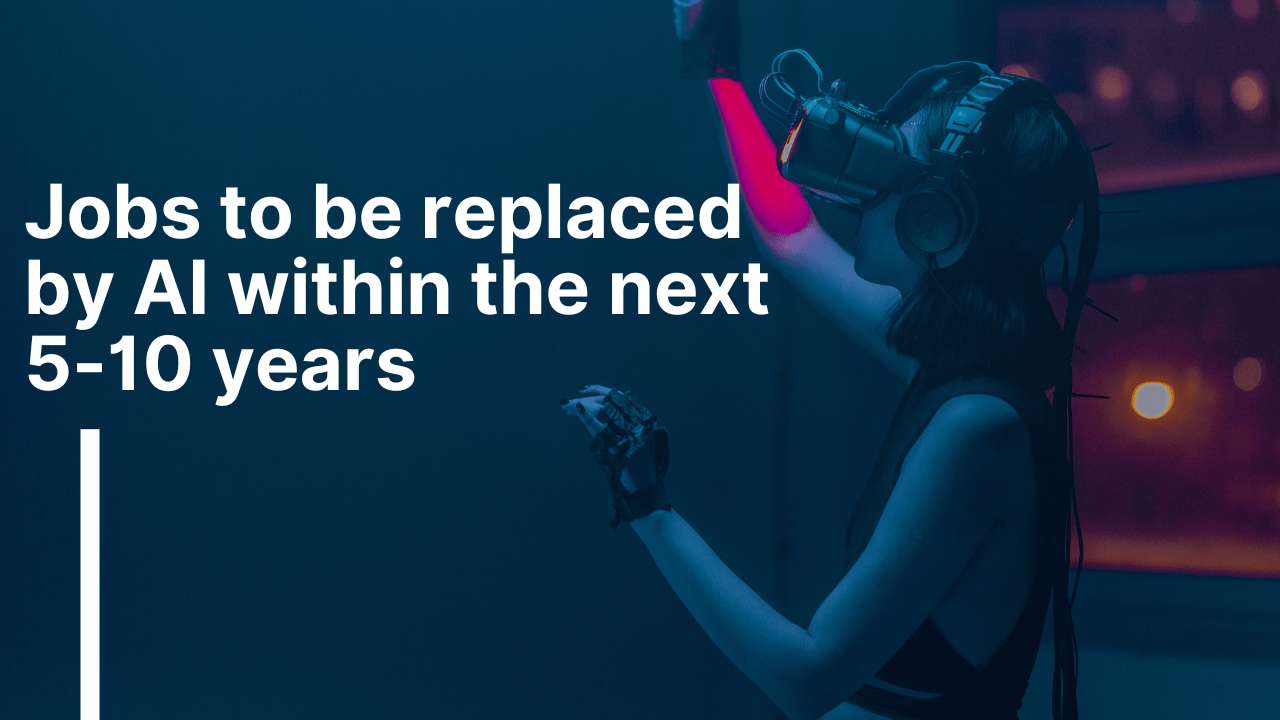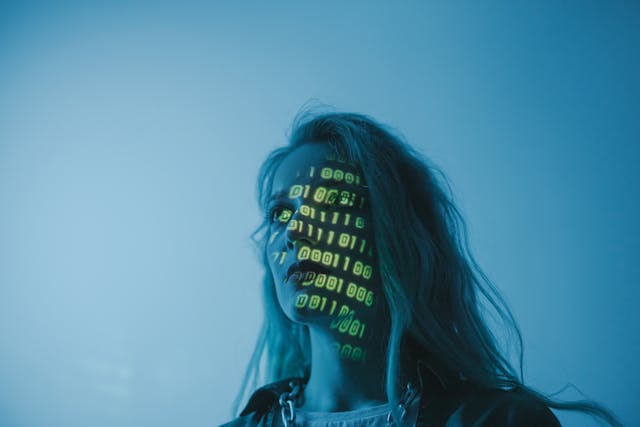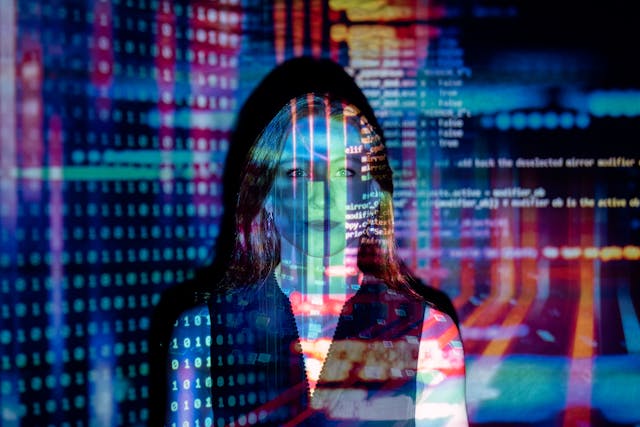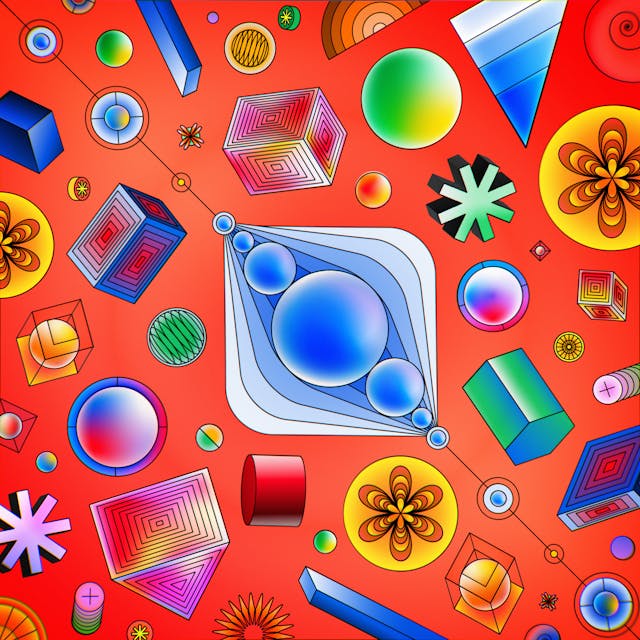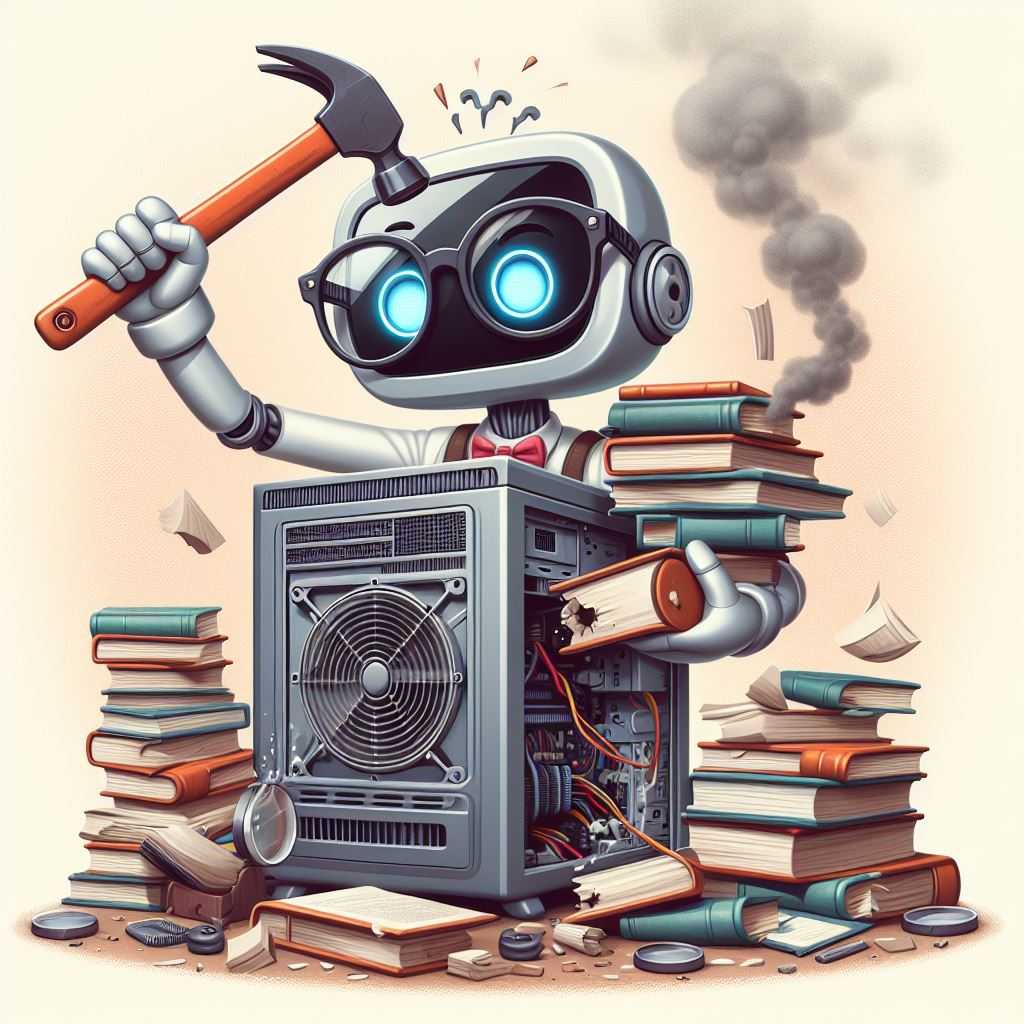What is AI?
Artificial intelligence (AI) is about making computers and machines smart enough to think, learn, and make decisions like humans. It deals with a lot of information, more than we can handle on our own.
AI includes many areas of study, like computer programs, understanding data, building hardware, understanding languages, studying the brain, and thinking about big questions of life and mind.
For businesses, AI is a group of tools that mainly use machine learning and deep learning. These tools help analyze data, predict what might happen, sort things into categories, understand human language, suggest things, and find information quickly and smartly.
Given that the majority of businesses are currently investing significant sums of money in AI-related technologies, the following jobs will likely become obsolete sooner than you might think.
Customer Support Representatives: The AI chatbot is already a reality; now an advanced AI can even handle basic customer inquiries, so an AI is well positioned to replace customer support representatives. Computer-related activities can be automated by using UI Path or Blue Prism, which is already happening. Data entry jobs are now automated and don’t require human involvement.
Virtual Assistants: An advanced AI can perform tasks such as scheduling, reminders, and basic information retrieval, potentially reducing the demand for human virtual assistants. Human virtual assistants will be a thing of the past, and every computer and laptop will come with an in-built AI system that can do all of these tasks easily.
Data Entry Operators: As I already said earlier, manual data entry will be a thing of the past. Advanced AI and automation software will take it’s place.
Translators: AI will handle basic translation services. Expert human translators will still be needed, but their demand will be very limited.
Content Writers: Human content writers are not needed in many cases now, AI can write ariticles, blog posts etc.
Travel Agents: AI will be able to book tickets, plan trips, and calculate costs, thus reducing the demand for travel agents.
Receptionists: AI can handle simple inquiries, provide directions, and schedule appointments, potentially reducing the need for a human receptionist in certain contexts.
Proofreaders: AI can assist with basic grammar and spelling checks, reducing the reliance on human proofreaders for routine editing tasks.
Paralegals: AI can assist in legal research, document analysis, and basic legal writing, potentially reducing the workload for paralegals.
Artis: If you are an artist and you are not already famous, then the future is going to be difficult for you as AI can create amazing art in a few seconds.
I asked AI to create an artwork by typing the following command, and this is what I got.
Create an artwork where green mountains are there, a river is flowing, and deer are eating grass beside a tree.
Microsoft AI Copilot produced the image below.

Although AI will replace these jobs in some circumstances, there will still be a need for human intervention, which will increase the demand for skilled humans. Companies will prefer to do most of their tasks using AI + expert humans. Expert humans will be able to extract the most out of AI’s capabilities, so both AI and expert humans will be able to replace thousands of workers.
What is the future for humans now?
The future for humans lies in gaining expert capabilities that can even beat AI. And this is the time to become an expert in your field and not just remain mediocre.
Throughout their lives, humans continue to learn and evolve. We can learn new things, get better at what we do, and handle changes well. This ability to learn and change gives us an advantage over AI.
Video Version of Article
Watch the video version of above article.

